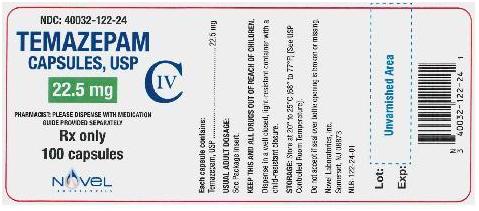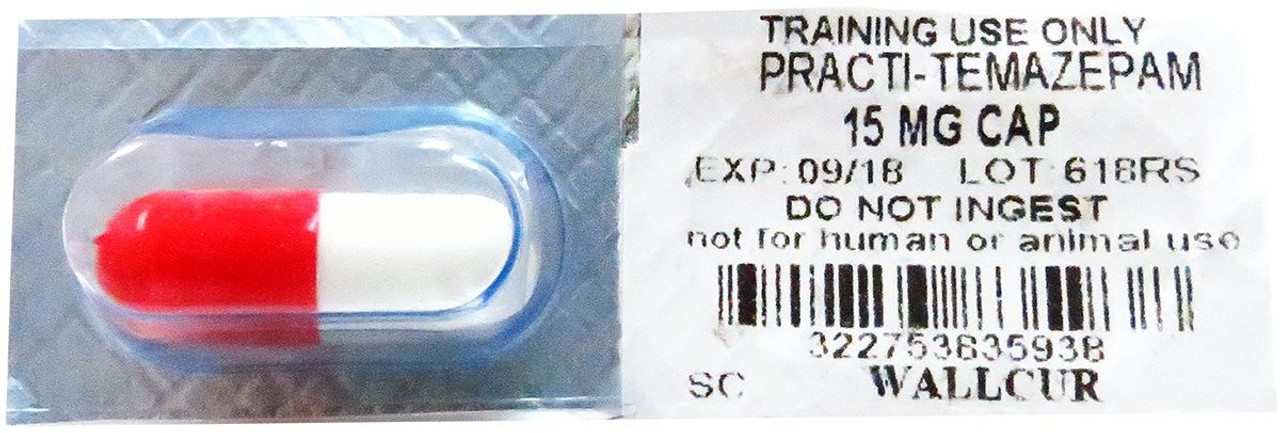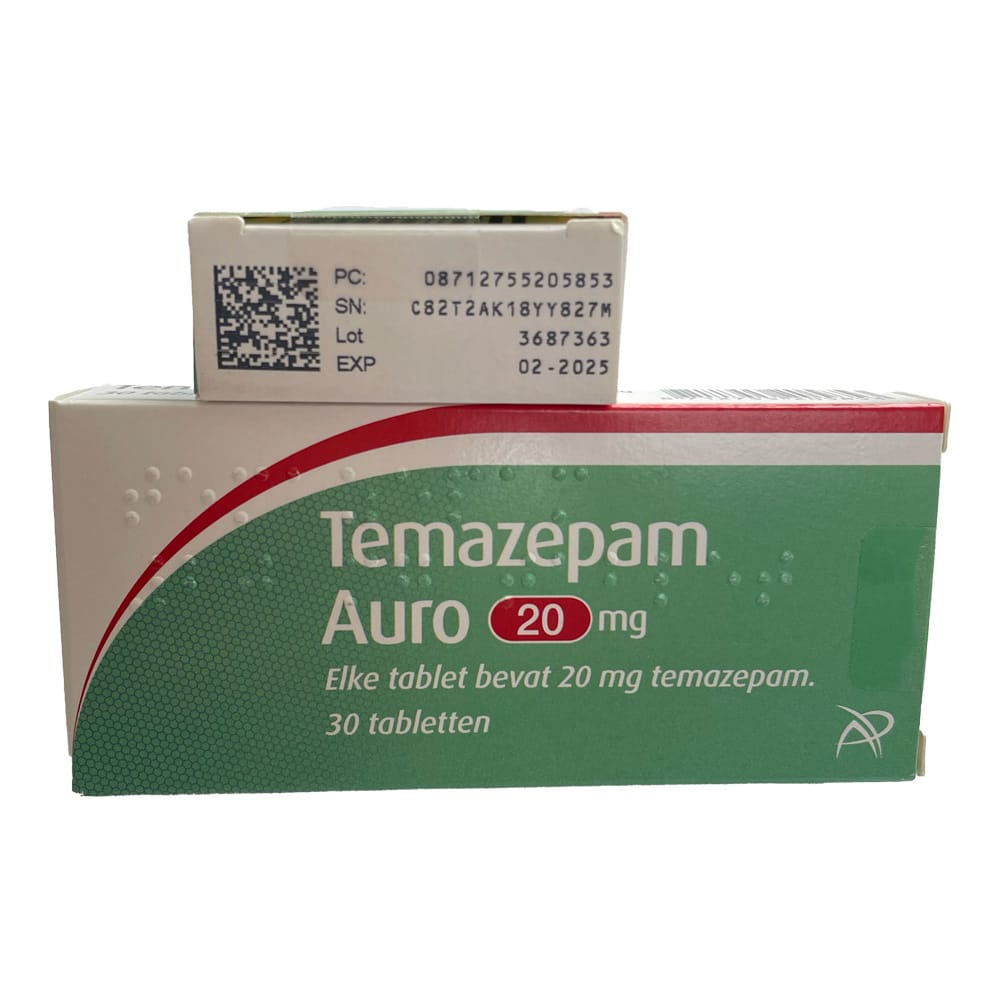Efficient Sleep Problems Medications for a Restful Evening's Sleep
Insomnia presents a considerable difficulty for several people, commonly bring about a decrease in general health. A selection of medications, both prescription and over the counter, exist to address this pervasive issue, varying from typical sedative-hypnotics to much more contemporary alternatives. The effectiveness and safety of these choices can differ significantly amongst people. Recognizing the subtleties of each kind, in addition to the potential risks involved, is vital for making informed decisions about treatment. This exploration will discover one of the most appropriate alternatives and factors to consider to ensure a genuinely corrective night's rest.
Kinds Of Sleep Problems Medications
Numerous sorts of medicines are readily available to deal with sleep problems, each created to target certain elements of rest disruption. Largely, sleeping disorders medications can be categorized into two main teams: sedative-hypnotics and non-sedative choices.
Sedative-hypnotics, which include benzodiazepines and non-benzodiazepine rest help, are commonly suggested to induce rest. Benzodiazepines, such as diazepam and lorazepam, job by boosting the effects of the natural chemical gamma-aminobutyric acid (GABA), causing increased sedation. Non-benzodiazepine medications, like zolpidem and eszopiclone, are developed to offer a quicker start of rest with potentially less negative effects and a lower danger of dependancy compared to traditional benzodiazepines.
On the various other hand, non-sedative alternatives consist of medications like melatonin receptor agonists, which simulate the all-natural hormone melatonin, and specific antidepressants that have sedative properties. These alternatives may be more appropriate for individuals with existing side-by-side state of mind conditions or those who like to stay clear of typical rest medications.

Typical Prescription Alternatives
Numerous typical prescription options are readily available for dealing with sleeping disorders, each with distinctive devices and results. They boost the results of the neurotransmitter gamma-aminobutyric acid (GABA), advertising leisure and sleep beginning.
Non-benzodiazepine hypnotics, consisting of zolpidem and eszopiclone, are favored options. These medications target details receptors in the mind, leading to quicker start of sleep with a decreased danger of dependency contrasted to benzodiazepines. Nonetheless, they may still trigger side effects such as lightheadedness or cognitive problems.
Melatonin receptor agonists, such as ramelteon, offer another alternative by resembling the activity of melatonin, a hormone that controls sleep-wake cycles. This course of medication is non-habit forming and is especially helpful for people with circadian rhythm disorders.
Lastly, certain antidepressants, consisting of trazodone and amitriptyline, may be prescribed off-label for sleep problems because of their sedative impacts. Each of these options need to be gone over with a health care company to establish one of the most suitable treatment based on specific demands and possible negative effects.
Over-the-Counter Solutions
Over-the-counter (OTC) remedies for sleeping disorders are frequently looked for by people searching for choices to prescription drugs. These solutions often contain active ingredients that promote relaxation and aid rest onset. Usual OTC options consist of antihistamines such as diphenhydramine and doxylamine, which work in generating drowsiness. While they may offer temporary alleviation, users should be cautious of possible negative effects, consisting of daytime grogginess and impaired cognitive function (Temazepam 20mg UK).
One more preferred OTC remedy is melatonin, a hormone normally produced by the body that controls the sleep-wake cycle. Melatonin supplements can be specifically efficient for those experiencing jet lag or change occupational sleep disruptions. They are usually well-tolerated, although the optimal dosage can differ amongst individuals.
Natural supplements, such as valerian origin and chamomile, are additionally available in the OTC market. These all-natural items are believed to have soothing impacts, though clinical evidence supporting their efficiency is combined. It is essential for customers to seek advice from with health care experts prior to using any kind of OTC sleeping disorders drug to guarantee safety and avoid interactions with various other drugs. Ultimately, while OTC options can be helpful, they should be used attentively and as component of a thorough approach to rest health and wellness.
Natural Remedies and Alternatives
The pursuit of relaxed rest has led lots of individuals to explore all-natural treatments and options that may linked here offer alleviation from sleeplessness. Different choices, commonly acquired from standard methods and alternative techniques, have acquired appeal amongst those looking for non-pharmaceutical treatments.
Herbal supplements such as valerian passionflower, root, and chamomile are frequently used for their soothing buildings. Valerian origin, in specific, has been examined for its potential to boost rest quality and minimize the time it requires to go to sleep. Chamomile, frequently eaten as a tea, is renowned for its mild sedative effects, making it a reassuring option for night relaxation.
Furthermore, way of life modifications can significantly impact rest high quality. Practices such as yoga exercise and meditation advertise leisure and reduce tension, possibly reducing sleep problems signs. Aromatherapy, making use of vital oils like lavender and bergamot, is an additional avenue that some individuals find beneficial in developing a soothing sleep atmosphere.
While these natural remedies may give relief, it is vital to approach them with understanding and consult a health care specialist, especially when incorporating with various other therapies. Each individual's feedback may vary, emphasizing the significance of personalized techniques for achieving restorative sleep.
Tips for Safe Usage
When considering the usage of sleeping disorders drugs, it is important to prioritize safety and security to minimize potential threats and improve performance. Consult a health care expert to discuss your specific sleep problems, existing medical conditions, and any various other medicines you might be taking. This can help determine the most ideal medicine and dosage for your needs.
Second of all, stick strictly to the prescribed dose and timing. Overuse or abuse can result in reliance or damaging negative effects. It is likewise advisable to prevent mixing sleeplessness medicines with alcohol or recreational medications, as this can substantially raise the threat of unsafe communications.

Final Thought


Sedative-hypnotics, which consist of benzodiazepines and non-benzodiazepine rest help, are generally suggested to induce rest. Non-benzodiazepine medicines, like zolpidem and eszopiclone, are created to provide a quicker onset of rest with possibly fewer side impacts and a lower risk of dependancy contrasted to conventional benzodiazepines.
These medicines target particular receptors in the brain, leading to quicker beginning of rest with a minimized threat of this reliance contrasted to benzodiazepines. Seek advice from a medical care expert to review your certain rest issues, existing clinical problems, and any kind of various other medications you might be taking.Additionally, check your rest patterns and side results closely.